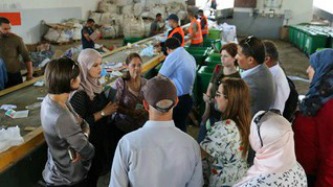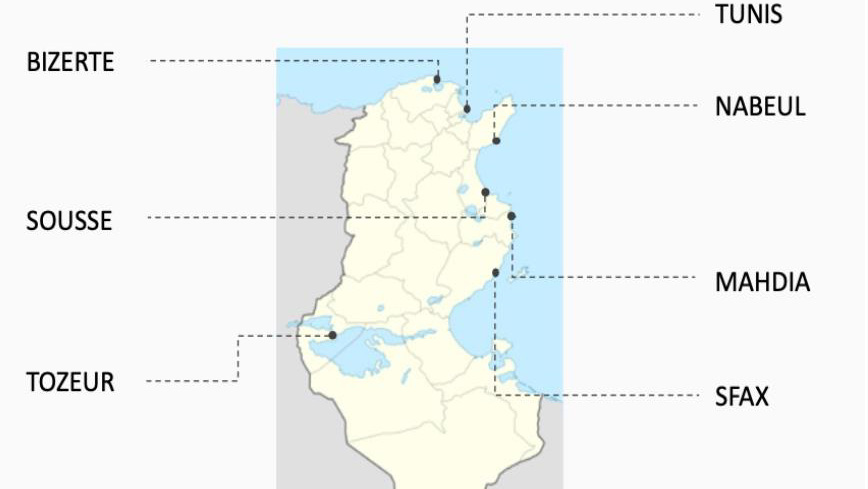

Swiss Partners
Institute for Development, Environment and Energy (IDE-E), Reinach
www.ide-e.org
Caroline Huwiler
Project Type:
Technology:
Country:
Project Status:
Project Start:
End of Project:
Contract:
Documentation
Swiss Contribution
The approach of the Middle East & Africa Energy Award (based on the Swiss Energy City label), which was introduced in Morocco in 2012 and in Tunisia in 2018, will be further consolidated. Swiss technologies and approaches (e.g. EnerCoach, the eco-neighbourhood concept, 2000Watt sites, waste management and recycling, citizen participation) will serve as inspiration to thenetwork’s future cities . IDE-E provides the overall coordination of activities as well as technical energy management expertise.
Description
The “Network of Allied Cities for Climate and Energy Transition” (Rev’ACTE) aims at networking and horizontal ex- change among committed cities. The actions supported within this framework will not only concern estate energy management (e.g. public lighting, buildings, the fleet in circulation), but also – following the local elections in May 2018 – the sustainable management of territory; in particular, urban mobility and waste-to-energy ventures. Network’s member cities, allowing them to regularly and spontaneously share the lessons learnt. Also inter-municipal cooperation has been strengthened (e.g. partnership Sousse – Bizerte in the context of an application jointly filed with the European Union).
Results
The network currently has seven member cities: Bizerte, Mahdia, Nabeul, Sfax, Sousse, Tozeur and Tunis. It is structured around four priority themes: public lighting, eco-construction, diversification of energy sources and mobility. 41 tools are made freely available: Manuals, guides, ToR, technical reference documents, studies collected and put online via Rev’ACTE, the ACTE site and the MedUrbanTools platform.
Impacts
A relationship of trust has been established between the network’s member cities, allowing them to regularly and spontaneously share the lessons learnt. Also inter-municipal cooperation has been strengthened (e.g. partnership Sousse – Bizerte in the context of an application jointly filed with the European Union).